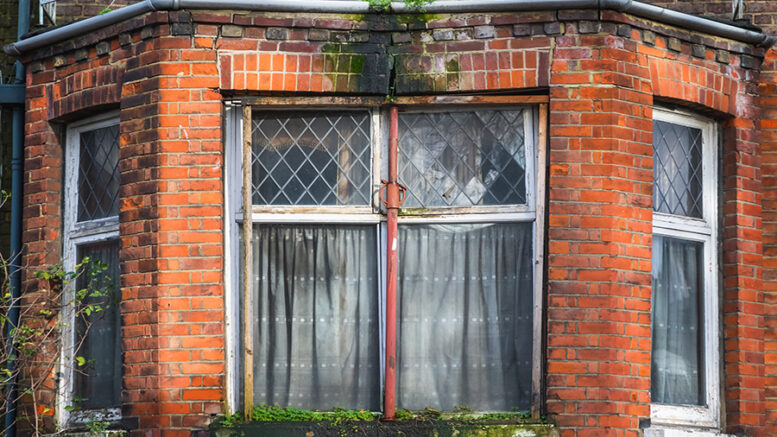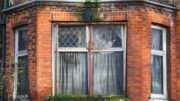The Government has released new directives emphasising the responsibilities of private landlords concerning damp and mould in their properties. The guidance clearly states that not only private landlords but also housing associations and councils will be under stricter scrutiny regarding the quality of homes they offer. Landlords ignoring damp and mould laws will face unlimited penalties.
This renewed focus on landlord responsibility was brought about by the tragic case of toddler Awaab Ishak last year. His death was caused by complications arising from damp and mould in his council house, casting a stark spotlight on the issue.
Housing Minister, Michael Gove, stated in the guidelines: “Damp and mould in the home are not the result of ‘lifestyle choices’, and it is the responsibility of landlords to identify and address the underlying causes of the problem, such as structural issues or inadequate ventilation”.
The guidance, which comes from collaborations between the Department of Health and Social Care, the UK Health Security Agency, and Gove’s department, delves into the negative mental and physical impacts of damp and mould on tenants. It encourages landlords to familiarise themselves with six crucial legislations they must adhere to, as well as the protocols for addressing tenant grievances.
Furthermore, the forthcoming Renters (Reform) Bill will introduce two pivotal measures for overseeing private landlords’ handling of mould and damp. The Housing Ombudsman will address tenant complaints when landlords fail to act, and the Property Portal will document landlord compliance with the Decent Homes Standards, among other rules.
Sean Hooker, Head of Redress at the Property Redress Scheme, commented on the matter: “The onus is now firmly on the landlord to identify and deal with any problem.” He emphasised the importance of landlords understanding the needs of tenants and collaborating with them for solutions. The Property Redress Scheme will utilise the guidance to ensure agents uphold their responsibilities and Sean further urged the Government to include landlord-managed properties in their redress system for a comprehensive approach in all rented properties.







